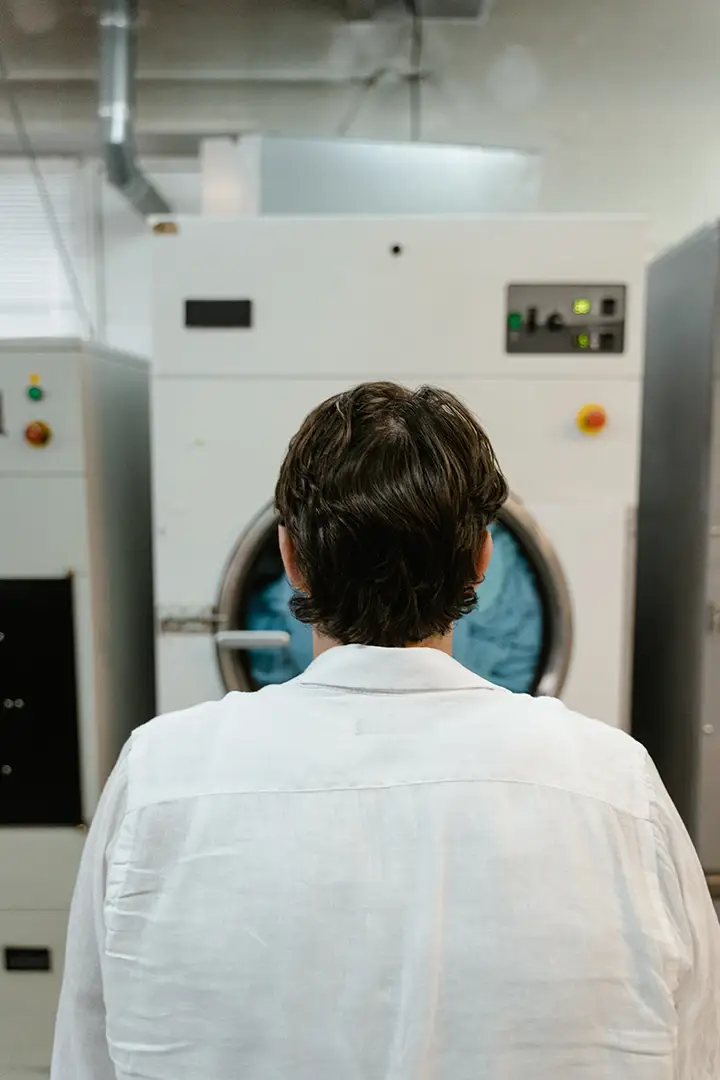When it comes to modern washing machines, inverter technology is becoming increasingly popular. Inverter washing machines are energy-efficient, quieter and more reliable than traditional models. But they also come with a few drawbacks. In this blog, we’ll look at the pros and cons of inverter washing machines so you can decide if they’re right for you.
Pros:
-
Energy efficiency: The most obvious advantage of an inverter washing machine is that it uses less energy than traditional models. This makes them great for households looking to reduce their carbon footprint or save money on their energy bills. As a bonus, some models come with special eco-modes that make them even more efficient when using cold water washes.
-
Quieter operations: Because these washers use fewer moving parts, they produce less noise than traditional models when running cycles. This makes them ideal for households with young children or those living in apartments where sound can be an issue.
-
Durability: Since there are fewer moving parts in an inverter washing machine compared to a regular one, they tend to last longer and require fewer repairs over time making them a great investment for the long run
Cons:
- Costlier upfront cost: Inverters are definitely more expensive upfront compared to regular washers because of all the extra technology inside them; however, this cost typically pays off in the long run with all the savings from reduced energy usage and lower repair costs over time
2 Limited features: Because these washers use different components compared to regular ones, they tend to have fewer features such as steam cycle options or customizable temperature settings which may be important depending on what type of laundry you do regularly
3 Longer wash times: Since these washers take longer per cycle due to their efficient motors which don’t spin as fast as regular ones, it may take longer overall for your laundry jobs if you need multiple cycles
